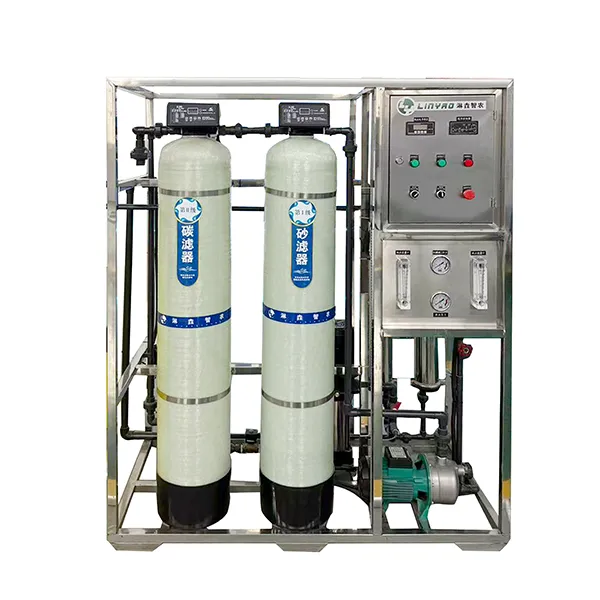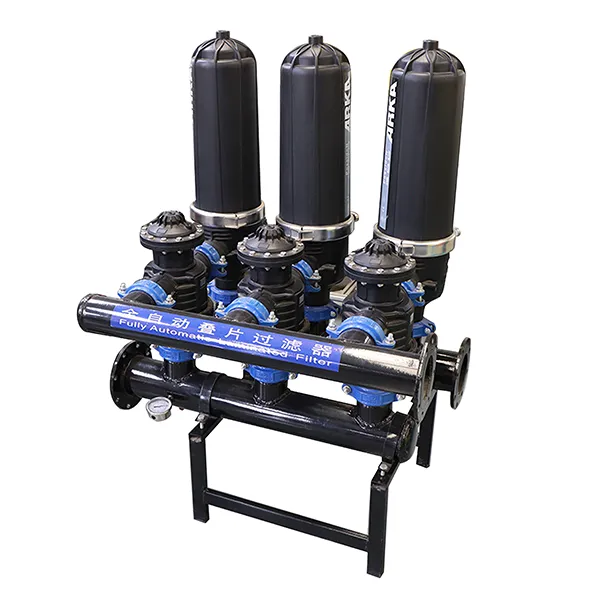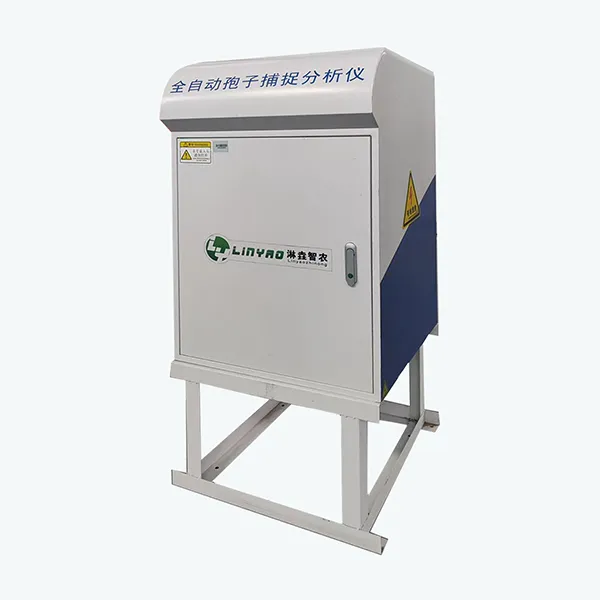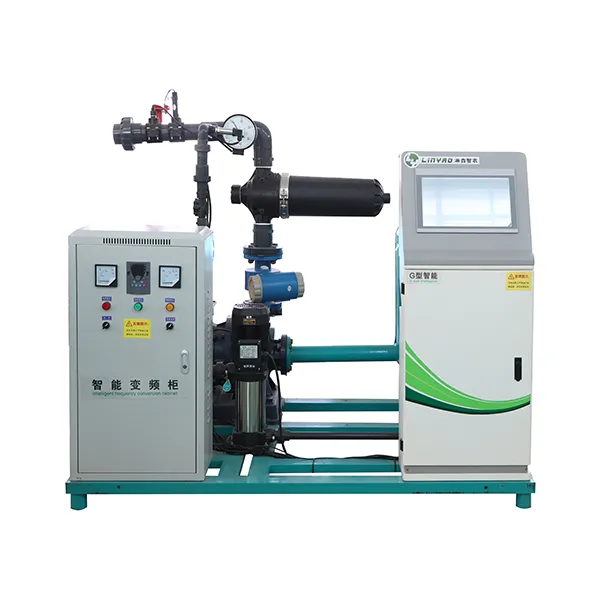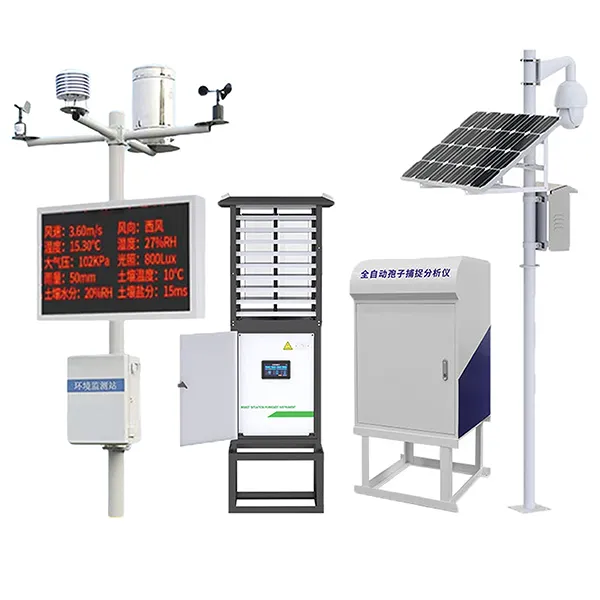
Centrifugal fine oil filter main buyer country
When I see the request “main country of purchase” for centrifugal filters, I immediately imagine German engineers who will ask ten times about the tolerances of the rotor shaft. We at Shandong Linyao Intelligent Agriculture Technology LLC went through this when we supplied filters for CLAAS combines.
Nuances of centrifugal technology
Here's what many people miss: It's not so much the housing material that matters, but how the rotor is balanced at speeds above 8,000 rpm. Our technologist once said: 'The Germans will forgive you for an expensive alloy, but they will not forgive you for vibration of 0.02 mm.' It is for such accurate calculations that we have created an R&D department based on https://www.lyzhihuinongye.ru
I remember that in 2019 the design of the bearing assembly was redesigned three times - the German partners sent a report with a spectral analysis of vibrations. It turned out that they were not worried about the fundamental resonance, but about the harmonics at certain engine speeds.
Now in new models we use dynamic balancing with computer control. But it is far from ideal - at the latest tests in Hannover they again found a “dead zone” in transient conditions.
Why Germany has become a key market
They unexpectedly discovered that the Germans value not so much the cost as the possibility of customization. For example, Bauer required a variable blade angle depending on the viscosity of the oil. It was necessary to develop a system with a hydraulic drive.
Interestingly, their engineers often ask aboutcentrifugal fine oil filternot as a separate node, but as part of a monitoring system. That's why we are now integrating differential pressure sensors directly into the design.
The main advantage noted by Bosch Rexroth is our ability to quickly adapt filters to non-standard hydraulic circuits. Although, to be honest, sometimes this resulted in designers working around the clock.
Mistakes when entering the European market
The first batch in 2018 contained a serious mistake - they used metric threads instead of inch threads. We had to urgently redo all the equipment. We thought we would lose the contract with BASF.
I also remember the case with the heat sink - we calculated it for the nominal mode, and the Germans tested it in the 'acceleration-deceleration' cyclic mode. The result is overheating and rotor deformation after 200 hours of testing.
Nowadays we always require a complete load profile from the customer. As practice has shown, European manufacturers of agricultural machinery use completely different operating modes compared to Asian ones.
Manufacturing specifics for precision systems
Our smart farming equipment requires a special approach to filtration. For example, in precision farming systems, hydraulics work with micro-doses, where oil purity is critical.
We have developed a special modificationcentrifugal fine oil filterwith real-time pollution sensor. It is interesting that this development was first appreciated by the German partners, although it was created for the domestic market.
We are currently testing a system with a double centrifuge - for coarse and fine cleaning in one housing. But there are still problems with synchronizing rotation speeds.
Prospects for technology development
I see a trend towards intelligent diagnostic systems. In new projects of Shandong Lingyao Intelligent Agriculture Technology LLC, we provide the ability to connect filters to a general equipment monitoring system.
German colleagues suggested an interesting solution - to use data from centrifugal filters to predict the wear of other components. It turns out that the nature of oil contamination can predict problems in the hydraulic system.
We are currently working on a self-adjusting system so thatcentrifugal fine oil filterautomatically adjusted the rotation speed depending on the viscosity and degree of contamination. But for now this is at the stage of laboratory testing.
To be honest, sometimes it seems that we are catching up with Western standards, but they are constantly raising the bar. Last month we received new noise requirements - we had to completely revise the rotor aerodynamics.
Correspondingproducts
Related Products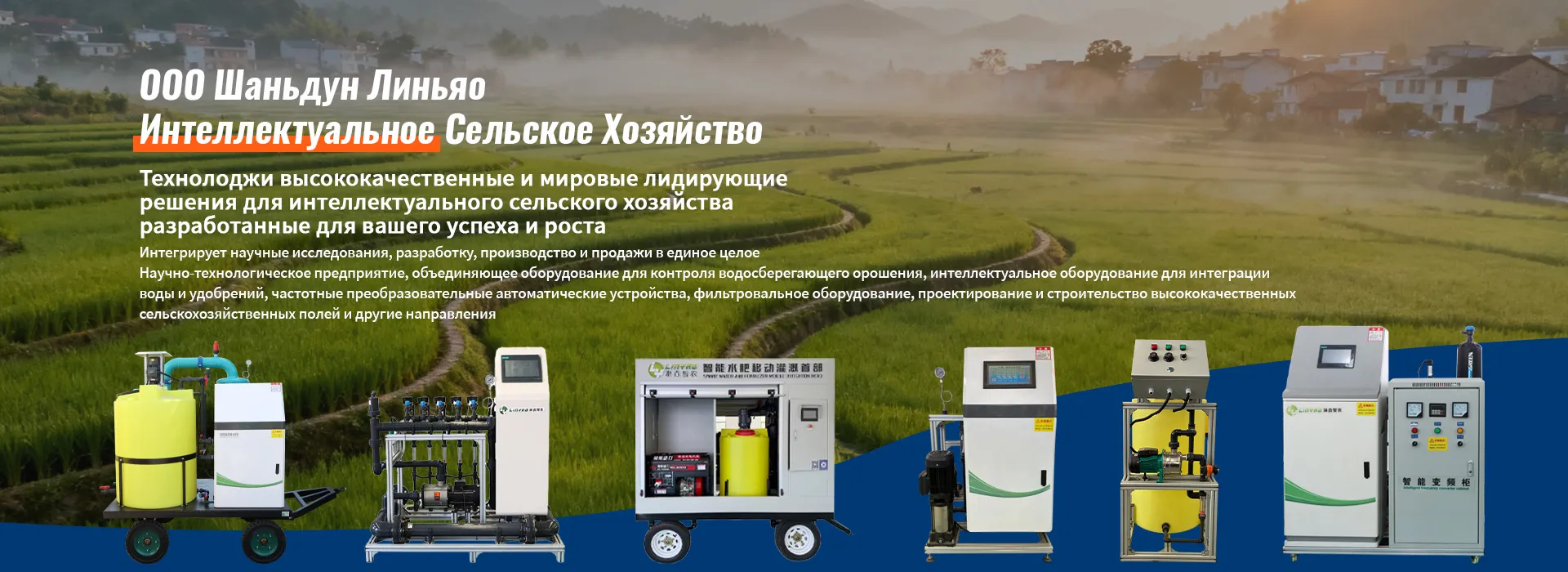
Best Sellingproducts
Best Selling Products-
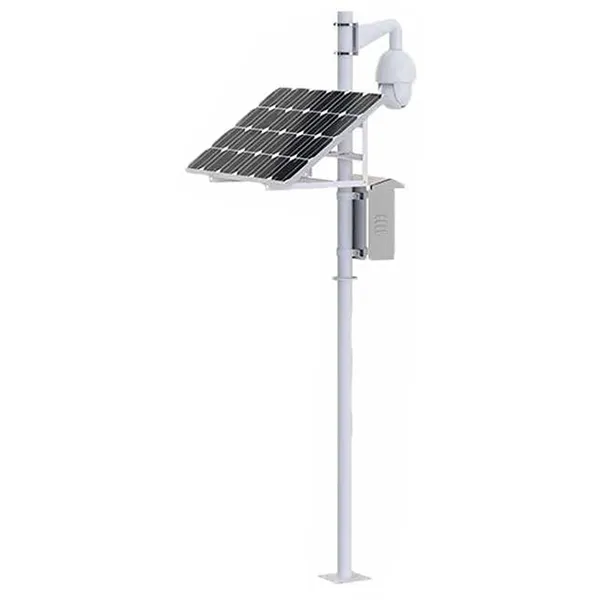 Device for monitoring the condition of seedlings
Device for monitoring the condition of seedlings -
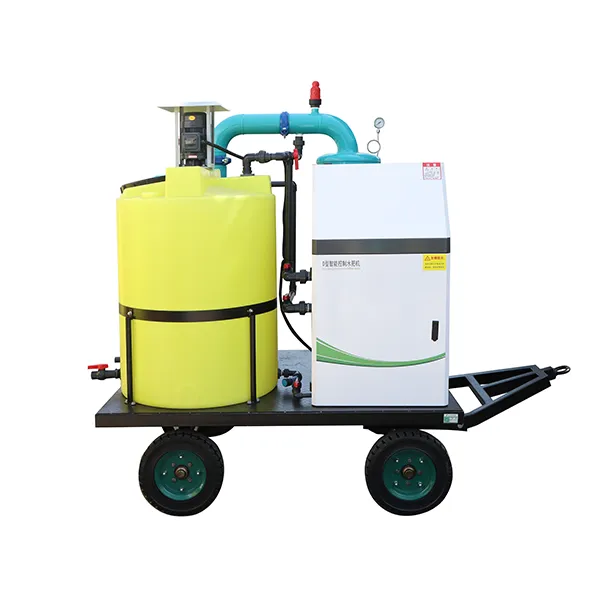 Mobile water and fertilizer integration apparatus
Mobile water and fertilizer integration apparatus -
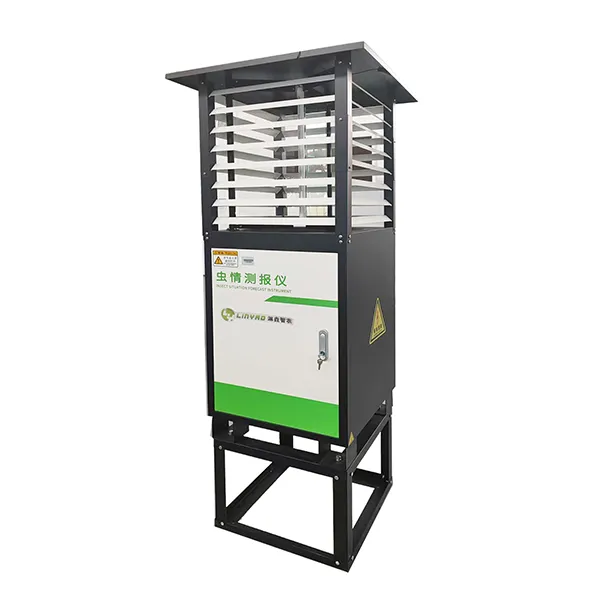 Intelligent pest monitoring equipment
Intelligent pest monitoring equipment -
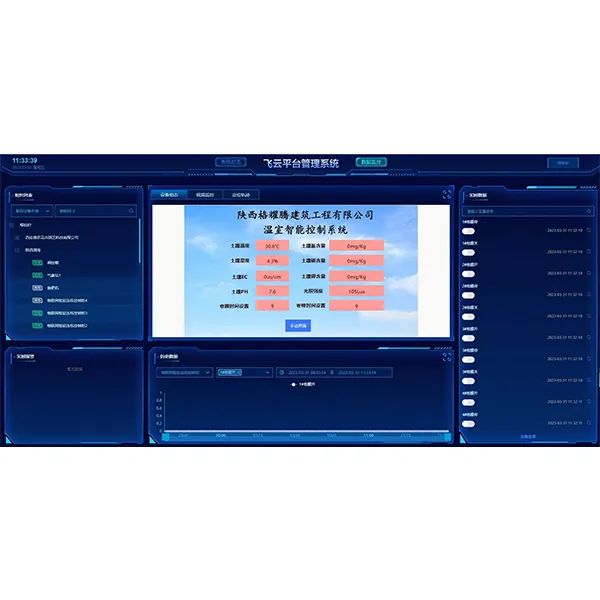 Cloud platform for smart agriculture
Cloud platform for smart agriculture -
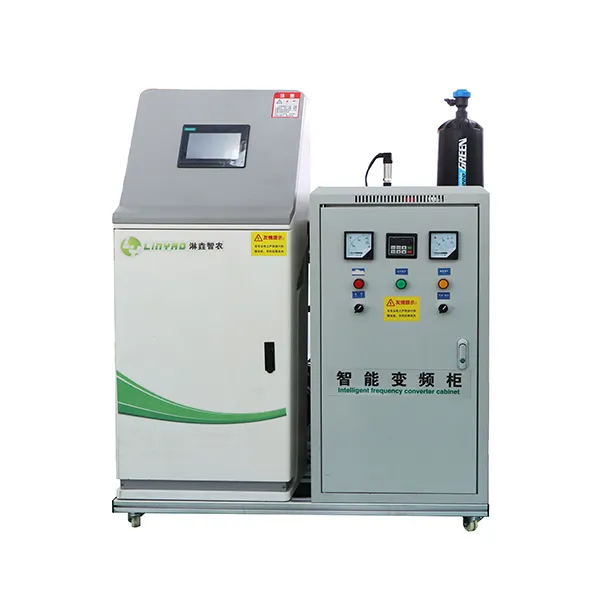 Main Fertilizer Irrigation Plant
Main Fertilizer Irrigation Plant -
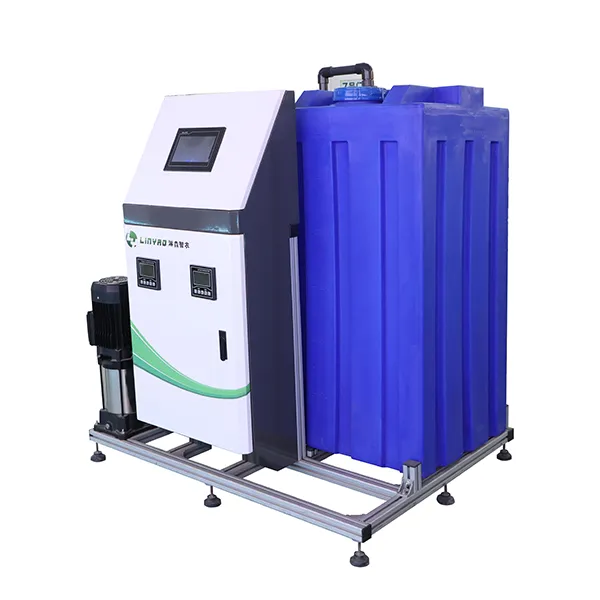 Fertilizer pre-mix fertilizer machine
Fertilizer pre-mix fertilizer machine -
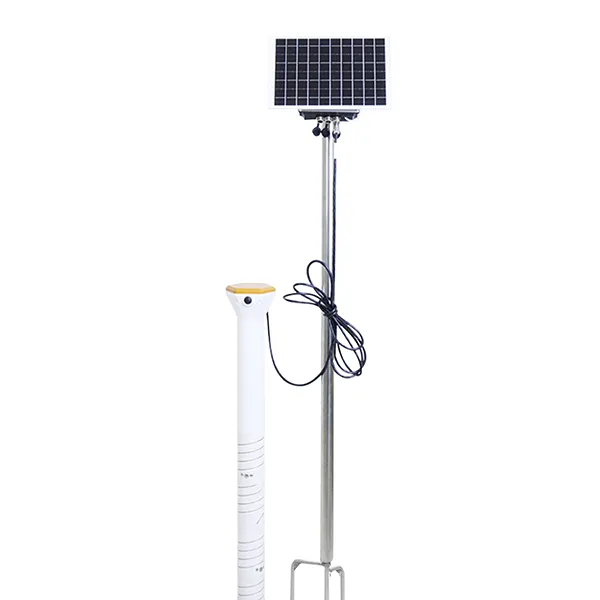 Soil Moisture Monitoring Station
Soil Moisture Monitoring Station -
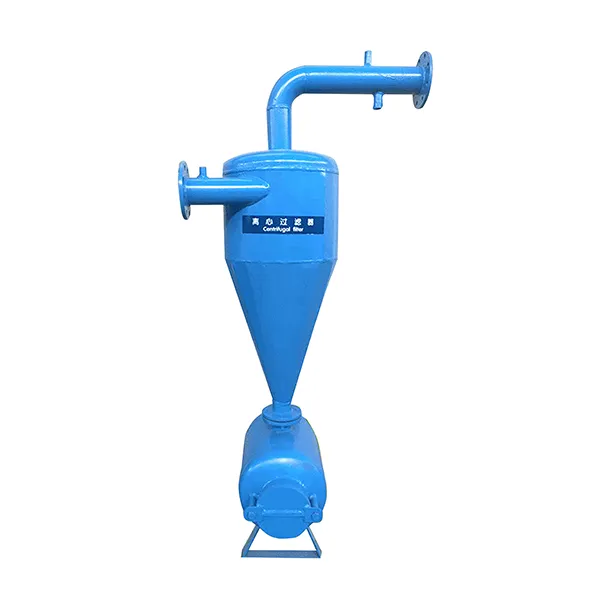 Centrifugal filter
Centrifugal filter -
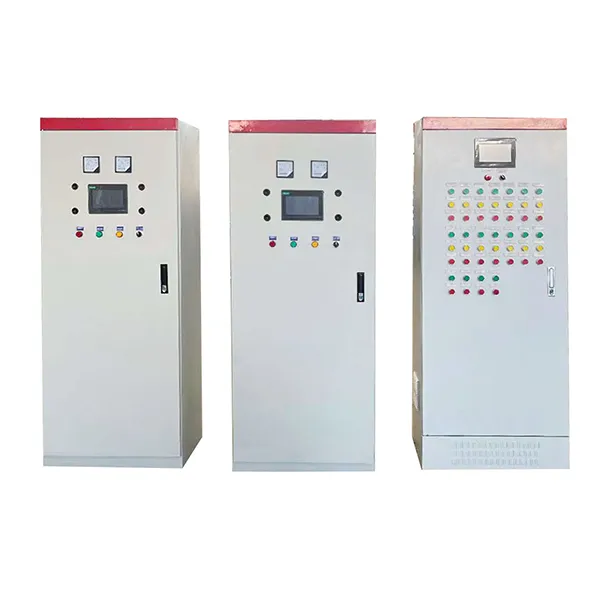 IoT-based greenhouse control cabinet
IoT-based greenhouse control cabinet -
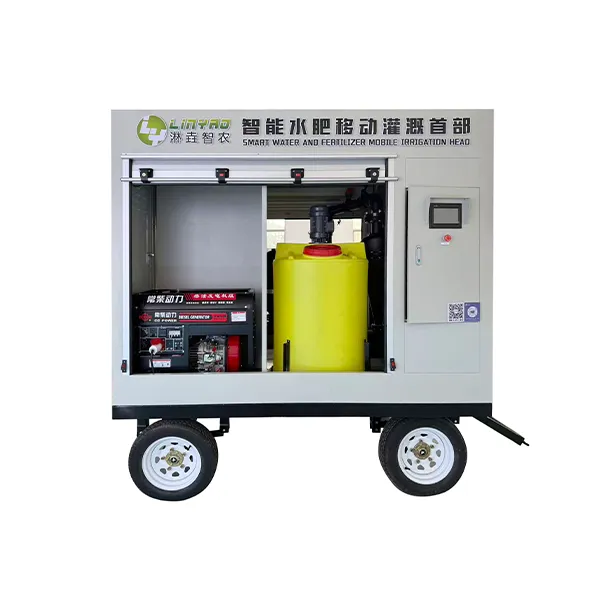 Intelligent mobile head for irrigation and fertilization
Intelligent mobile head for irrigation and fertilization -
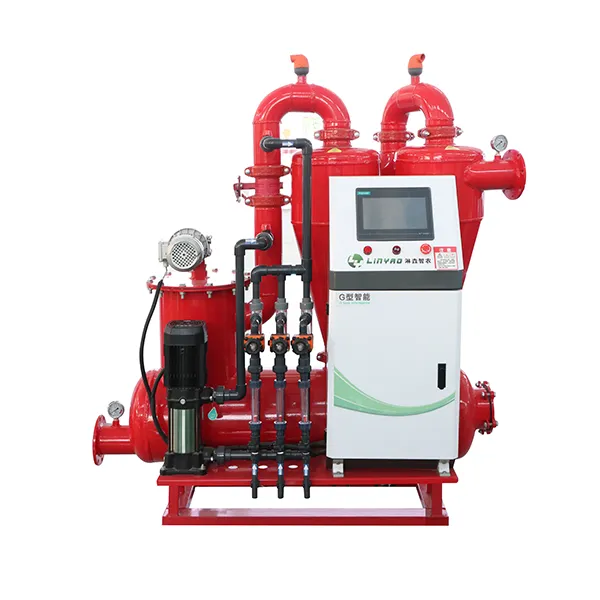 Automated Dual Function Water Fertilizer Filtration Machine
Automated Dual Function Water Fertilizer Filtration Machine -
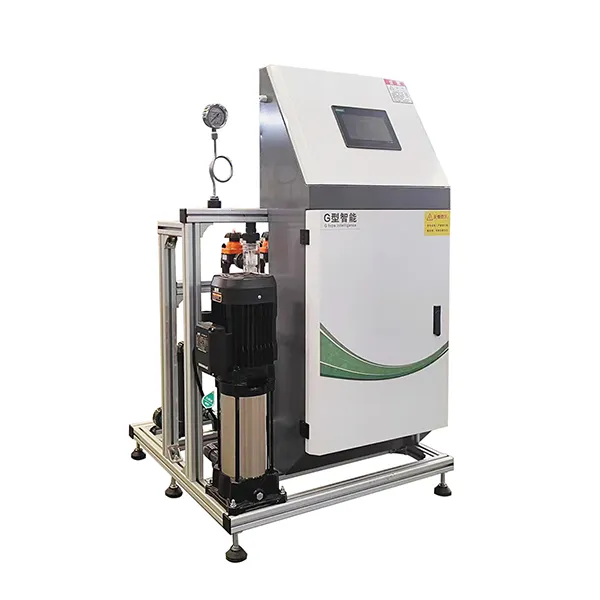 Three-channel intelligent water and fertilizer integration apparatus with 7-inch screen
Three-channel intelligent water and fertilizer integration apparatus with 7-inch screen
Relatedsearch
Related Search- Disc valve spheroidal graphite cast iron dn80 wafer/flange version manufacturers
- Smart farming in agriculture suppliers
- Solenoid valve 1 inch ac24v manufacturer
- Solenoid valve 1.5 inch dc24v suppliers
- Automatically controlled multi-channel intelligent fertilizer applicator, water and fertilizer integration apparatus for greenhouse manufacturers
- Air irrigation system
- Drip irrigation system for agricultural greenhouses and large fields main buyer country
- Solenoid valve 3 inch dc24v suppliers
- Irrigation system for a summer cottage
- Garden irrigation system main country of buyer


